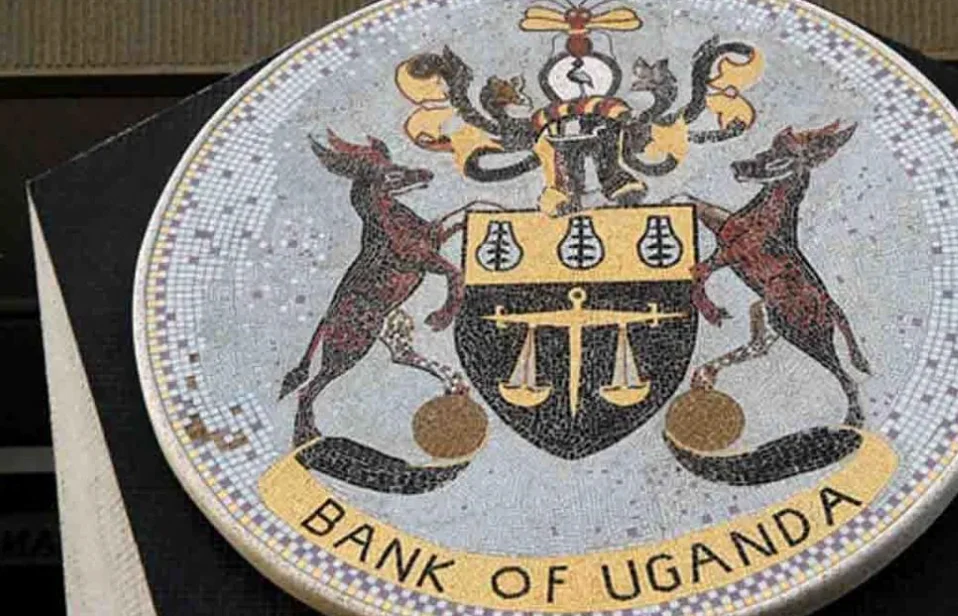The Bank of Uganda is considering allowing cryptocurrency businesses to participate in its Regulatory Sandbox, and has invited members of the Blockchain Association of Uganda (BAU) to share their expertise with the central bank.

A June 1 letter from the bank to Kwame Rungunda, the BAU’s chairperson, mentioned a meeting between the two parties in early May. Before moving on to technical conversations, the central bank recommended the country’s crypto advocacy group brush up on the sandbox regulations.
In June 2021, the bank launched a regulatory sandbox framework allowing for financial technology (FinTech) firms to test “innovative financial solutions” in a controlled environment in the hopes of promoting the uptake of electronic payments and other digital financial services within the country.
The Bank of Uganda’s recent letter appears to be a U-turn in its stance on bitcoin. The bank issued a warning on cryptocurrencies in late April, notifying all payment service providers in the country that permitting crypto transactions would expose the country to money laundering and scams.
Any provider, such as a bank or fintech company, found to be aiding the trade of cryptocurrency would have their financial license revoked, according to the statement.
Cryptocurrencies are not prohibited in Uganda, and they can be bought, kept, and exchanged. Cryptocurrencies, on the other hand, remain unregulated, and no company has yet been granted a digital asset license to operate in the country.
Crypto adoption in Africa
Crypto adoption in Africa is gaining traction, attracting the attention of a number of venture capital firms and crypto firms. Crypto usage in Africa surged by approximately 1,200 percent between 2020 and 2021, with nearly 2% of Ugandans using it.
Other African countries are following suit, with the Central African Republic being the first African country to embrace Bitcoin (BTC) as legal tender, and just the second country in the world to do so.
Kenya’s state-owned energy provider, KenGen, has also welcomed Bitcoin miners to relocate to the country in order to purchase extra electricity generated by geothermal energy, potentially generating cash for the country’s government through crypto mining fees or taxes.
